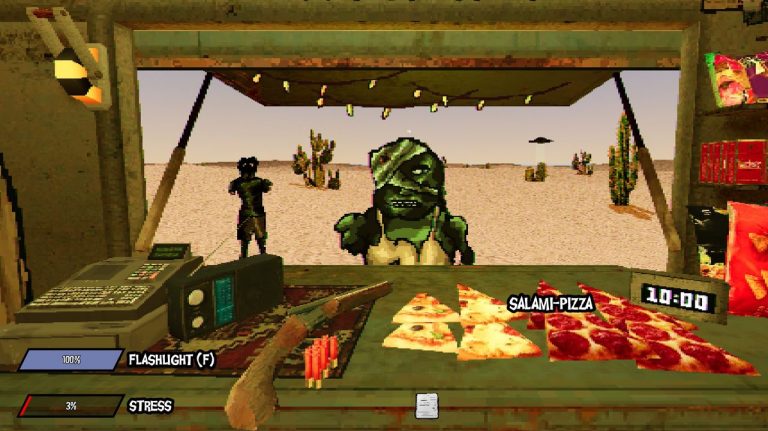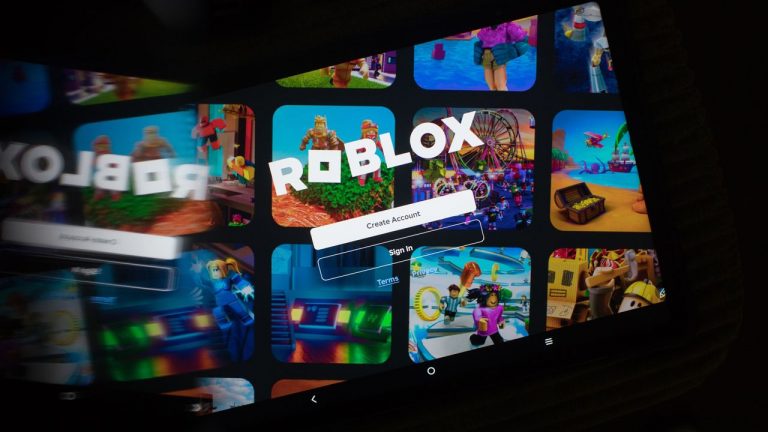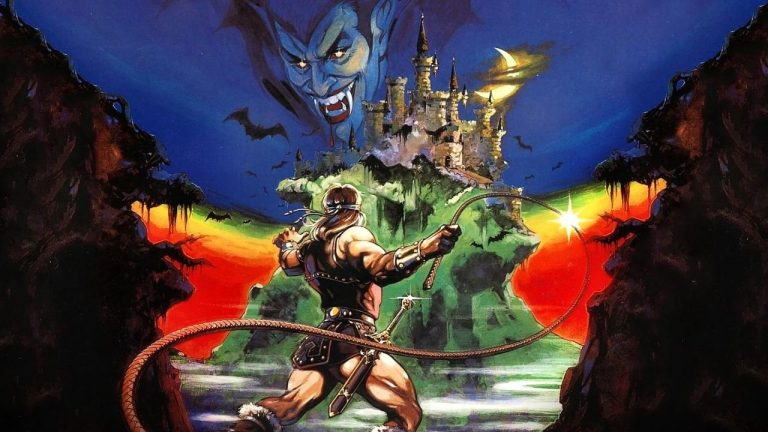Talisman is a powerfully silly fantasy board game originally published by Games Workshop in 1983—its original inspiration was a game about teachers competing to become school principal—which has gone through several editions and publishers over the years. The fourth edition by Black Industries, later revised and reprinted by Fantasy Flight Games, was also translated into Talisman: Digital Edition by Nomad Games and released on PC in 2014. In the decade since then it’s received multiple expansions, but as of now the base game is available for free on Steam and GOG.
This follows shortly after the announcement of Talisman fifth edition, coming in July from Hasbro’s board game imprint Avalon Hill, which it turns out is also being translated into digital form by Nomad Games as Talisman: Digital Fifth Edition. While the current version will carry on as a free-to-play game, the next edition will be paid and will feature “streamlined rules, and a sleek, modern design.”
Streamlined rules are something I suspect every edition of Talisman has promised, as the original versions were infamously weekend-eaters. It’s an old school roll-and-move board game where players roam the outer ring of the board until they gain access to the inner circles, before finally making it to the center to win the Crown of Command. There’s a lot of randomness involved, with a high likelihood that someone will get robbed by bandits and lose all their gold or get cursed by a witch and turned into a toad at some point.
I played the second edition years ago and, despite playing for an entire Saturday, we didn’t make it to the end. Trying the fourth edition much later, we did actually make it to the finale over the course of a long evening, though we were all worn out and eager to wrap it up by then. It seems like the fifth edition’s streamlining includes a climax in which a player merely has to make it to the center of the board and defeat an elder dragon to win, rather than faffing about using the Crown of Command to psychically murder the other players one by one, as was the case previously.
The digital versions have the advantage of not taking up your dinner table with a physical board you need to leave set up for hours or even days at a time, as well as solo play against the AI, which will return in fifth edition along with local and online multiplayer.












